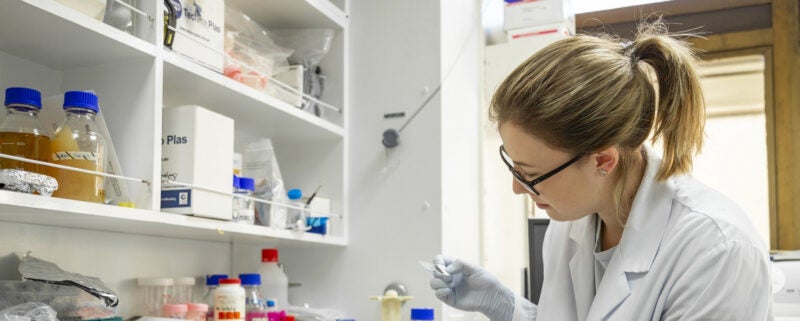
The Cancer Society New Zealand is set to commence clinical trials of a drug for oncology, Tarloxotinib, this month.
The researchers are currently recruiting participants for the Tarloxotinib/SBRT trial.

Discover B2B Marketing That Performs
Combine business intelligence and editorial excellence to reach engaged professionals across 36 leading media platforms.
It is a partnership between the Auckland Cancer Society Research Centre (ACSRC) and Auckland City Hospital, where trials will be carried out.
Developed by ACSRC, Tarloxotinib is created to aid individuals with head and neck malignancies in fighting resistance to standard treatments caused by low oxygen levels (hypoxia) in areas of current tumours.
In low oxygen regions, it releases an ‘inhibitor’ that triggers the therapeutic response and aids in the treatment becoming effective.
The drug was found to work well along with stereotactic body radiotherapy (SBRT), a cancer therapy, which offers accurate and high-intensity radiation doses to cancer cells.

US Tariffs are shifting - will you react or anticipate?
Don’t let policy changes catch you off guard. Stay proactive with real-time data and expert analysis.
By GlobalDataAuckland City Hospital radiation oncologist Dr Andrew Macann said: “This trial is both a valuable window of opportunity study and a stepping stone to a future therapeutic platform.
“It’s a great chance to build trans-disciplinary research collaborations across many areas.”
In the trial, the researchers plan to assess the safety of the combination therapy in cancer patients before surgical procedures by utilising MRI imaging to evaluate the oxygen levels in tumours.
They will also compare how well the study subjects are responding following the surgery.
Cancer Society NZ National chief executive Lucy Elwood said: “More New Zealanders will be diagnosed with cancer this year than ever before.
“These researchers are working tirelessly to ensure no one goes through cancer alone by continuously developing, testing, and looking for better cancer treatments.”





